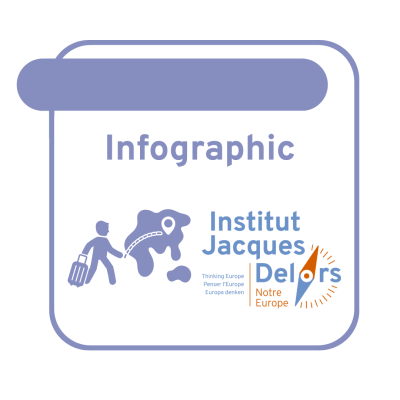Win-win-win partnerships in EU migration policy
While the EU member states remain divided on the internal dimension of migration policy, they converged on the aim of strengthening its external dimension. This Policy Paper by Nicole Koenig analyses the changes triggered by the “migration crisis”.

While the EU member states remain divided on the internal dimension of migration policy, they converged on the aim of strengthening its external dimension. The EU now capitalises on “tailor-made”, “comprehensive” and “mutually beneficial” migration partnerships. This Policy Paper by Nicole Koenig, senior research fellow at the Jacques Delors Institute – Berlin, reviews the changes triggered by the “migration crisis” and assesses to what extent these new partnerships are truly of mutual benefit. It analyses implementation challenges by zooming in on three telling cases, namely Turkey, Libya and Mali.
The analysis illustrates the practical limitations and political side effects of subordinating core EU foreign and development policy aims to migration control. It indicates that the EU will have to invest much more financial and political capital if it really seeks to change the calculus relevant of third countries. Finally, it shows that these partnerships tend to neglect the interests and rights of migrants. The EU should promote win-win-win partnerships that take their perspective fully into account. More concretely it should:
- Rebalance its comprehensive approach and establish real synergies between its foreign, development and migration policies
- Raise the share of collective funds dedicated to external migration policy.
- Introduce systematic human rights impact assessments of its migration partnerships and strengthen the CSDP’s human rights dimension
- Increase the EU’s annual resettlement contribution and provide sufficient financial incentives to ensure member state compliance.




